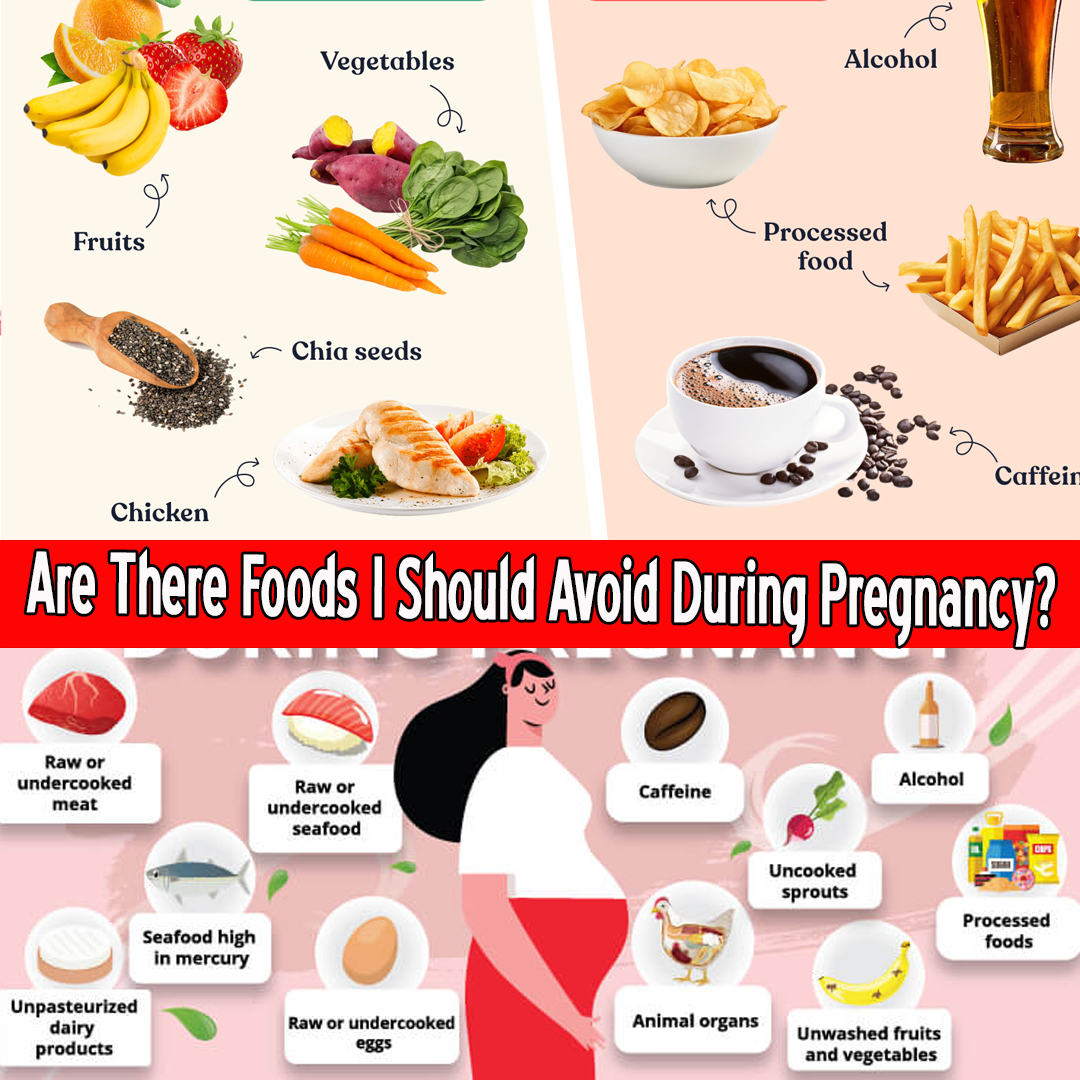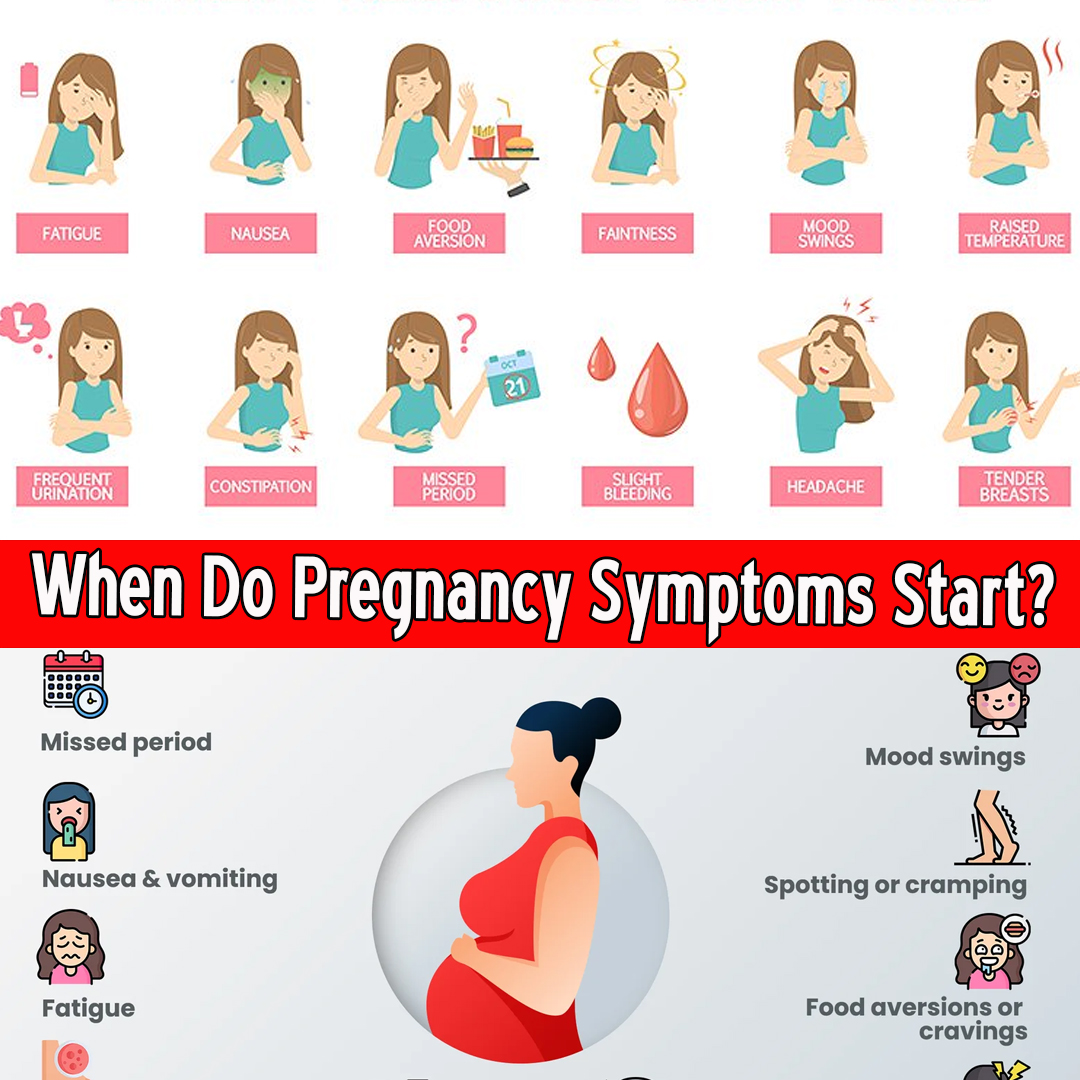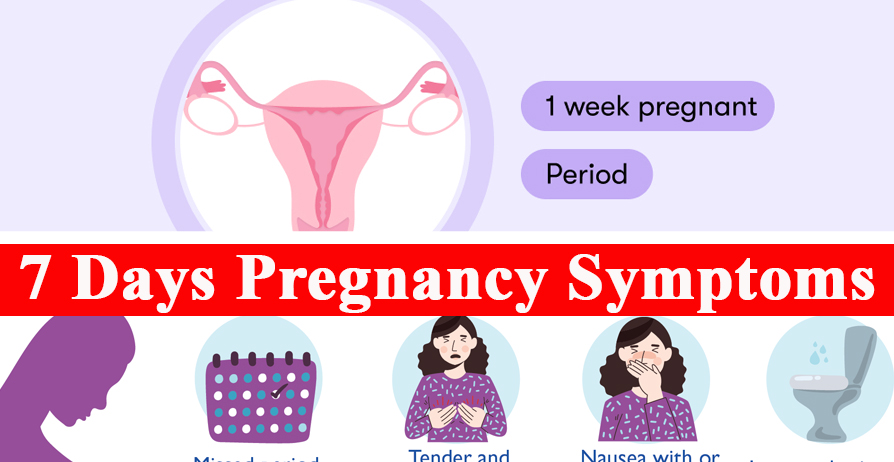Managing Your Weight Gain During Pregnancy
Pregnancy is a transformative journey, both physically and emotionally. Among the many changes a woman experiences, weight gain is one of the most significant — and essential. However, managing this weight gain appropriately is crucial for both maternal and fetal health. This guide provides a detailed breakdown of how to manage your weight gain during pregnancy without compromising on your or your baby’s health. Managing Your Weight Gain During Pregnancy

Managing Your Weight Gain During Pregnancy
1. Why Weight Gain Is Important During Pregnancy
Weight gain during pregnancy is natural and necessary. It supports your baby’s growth and development, ensures your body has the energy reserves needed for childbirth and breastfeeding, and helps build critical tissues such as:
- The placenta
- Amniotic fluid
- Increased blood volume
- Breast tissue
- Uterine growth
- Fat reserves for breastfeeding
However, too little or too much weight gain can lead to complications like low birth weight, premature delivery, gestational diabetes, and hypertension.
2. Recommended Weight Gain by BMI
The Institute of Medicine (IOM) provides weight gain guidelines based on a woman’s pre-pregnancy Body Mass Index (BMI):
| Pre-pregnancy BMI | Category | Recommended Total Weight Gain |
|---|---|---|
| Less than 18.5 | Underweight | 28–40 pounds (13–18 kg) |
| 18.5–24.9 | Normal | 25–35 pounds (11–16 kg) |
| 25–29.9 | Overweight | 15–25 pounds (7–11 kg) |
| 30 or more | Obese | 11–20 pounds (5–9 kg) |
Note: For women pregnant with twins, weight gain recommendations increase.
3. Trimester-Wise Weight Gain Breakdown
- First Trimester (Weeks 1–12):
- Expected gain: 1–5 pounds (0.5–2.3 kg)
- Focus: Nutritional balance to manage morning sickness and prepare for increased needs.
- Second Trimester (Weeks 13–26):
- Expected gain: ~1 pound per week
- This is when the baby’s organs are forming, and weight gain accelerates.
- Third Trimester (Weeks 27–40):
- Continued gain of ~1 pound per week
- Baby gains most of their weight now, and so will you.
4. Healthy Eating: Foundation of Controlled Weight Gain
You don’t need to “eat for two.” Rather, focus on nutrient density, not calorie volume.
a. Macronutrient Breakdown:
- Proteins: Crucial for baby’s growth (lean meats, lentils, dairy)
- Carbohydrates: Provide energy (whole grains, fruits, vegetables)
- Fats: Needed for fetal brain development (avocados, nuts, fish)
b. Caloric Needs by Trimester:
- First Trimester: No extra calories needed.
- Second Trimester: +340 calories/day
- Third Trimester: +450 calories/day
c. Nutrient-Dense Foods to Include:
- Leafy greens (folate)
- Dairy (calcium)
- Eggs (protein + choline)
- Berries (vitamin C and fiber)
- Whole grains (B vitamins and fiber)
- Lean meats and legumes (iron + protein)
d. Foods to Limit or Avoid:
- High-sugar and deep-fried foods
- Processed snacks
- Sugary drinks
- Excess caffeine
- Raw or undercooked seafood and meats
5. Portion Control and Mindful Eating
Avoid overeating by:
- Eating smaller meals throughout the day (5–6 mini meals)
- Drinking water before meals
- Using smaller plates
- Practicing slow eating and chewing thoroughly
- Avoiding distractions (like screens) while eating
6. Physical Activity for Weight Control
Unless medically advised against, physical activity is safe and beneficial during pregnancy.
Safe Exercises:
- Walking: Low-impact and easy to maintain
- Prenatal yoga: Enhances flexibility, breathing, and relaxation
- Swimming: Supports your weight and relieves joint stress
- Light resistance training: Strengthens muscles and improves stamina
Guidelines:
- Aim for at least 150 minutes of moderate exercise per week
- Always warm up and cool down
- Stay hydrated
- Avoid overheating
- Avoid exercises with risk of falling or abdominal trauma
7. Managing Cravings Without Overeating
Cravings are common due to hormonal changes, but learning to manage them is key.
Tips to Handle Cravings:
- Identify the emotional triggers behind cravings
- Substitute with healthier alternatives (e.g., dark chocolate instead of milk chocolate)
- Try the “10-minute rule” – wait 10 minutes and see if the craving passes
- Keep unhealthy foods out of sight
8. Monitoring Weight Gain
Track your weight at home weekly using a digital scale. Compare it with your doctor’s chart during check-ups. Sudden weight gain could be a sign of:
- Preeclampsia
- Gestational diabetes
- Water retention
Always consult your OB-GYN if you notice a spike.
9. Common Weight Gain Challenges and Solutions
a. Morning Sickness (First Trimester):
- Problem: Can lead to weight loss
- Solution: Eat small, bland meals frequently; avoid fatty and spicy foods
b. Emotional Eating:
- Problem: Stress and hormones can trigger binge eating
- Solution: Practice mindfulness, talk to a counselor, or join support groups
c. Constipation or Bloating:
- Problem: Common during pregnancy, can make you feel heavier
- Solution: Increase fiber and water intake; stay active
10. When to Seek Professional Help
If you’re gaining too much or too little weight, your doctor or a prenatal dietitian can help create a personalized nutrition and fitness plan.
Seek help if:
- You’re gaining >2.5 kg in a week
- You’ve not gained any weight by the 5th month
- You have signs of gestational diabetes or preeclampsia
- You’re experiencing excessive nausea or vomiting (Hyperemesis Gravidarum)
11. Weight Gain and Baby’s Health
Your weight gain affects your baby’s:
- Birth weight
- Risk of preterm labor
- Risk of childhood obesity
- Risk of complications at birth
Babies born to mothers with excessive pregnancy weight gain may face metabolic issues later in life.
| Read more – Heart Beat 2: Deepa’s Transformation |
12. Postpartum Weight Loss Considerations
Remember, pregnancy weight gain isn’t permanent. With healthy habits during pregnancy, returning to your pre-pregnancy weight postpartum becomes easier.
- Breastfeeding burns extra calories
- Regular walking and a balanced diet help shed weight gradually
- Avoid crash diets — slow and steady wins the race
13. Mental Health and Body Image
It’s normal to feel overwhelmed by physical changes. Focus on what your body is doing, not just how it looks. Celebrate the process and avoid self-criticism.
Tips for Mental Well-being:
- Avoid comparing yourself to others
- Stay active for endorphin release
- Join pregnancy support communities
- Practice meditation and journaling
14. Myths About Weight Gain in Pregnancy
1: Eat for two
Truth: You only need slightly more calories, not double.
2: Gaining more means a healthier baby
Truth: Excess weight gain increases risks for both mom and baby.
3: Thin women need to gain a lot
Truth: Weight gain should still be within the recommended range.
15. Sample Daily Meal Plan for Healthy Weight Gain
Breakfast:
- Oats with milk, banana, and almonds
- 1 boiled egg
Mid-morning Snack:
- Greek yogurt with berries
Lunch:
- Brown rice + dal + vegetable curry + salad
- 1 whole wheat roti
Evening Snack:
- Fruit smoothie or handful of nuts
Dinner:
- Grilled chicken or paneer
- Steamed veggies + quinoa or chapati
Before Bed:
- Warm milk with a pinch of turmeric
Conclusion
Managing your weight during pregnancy isn’t about strict dieting or body shaming — it’s about making smart, sustainable choices for you and your baby. By following a balanced diet, staying active, listening to your body, and maintaining regular medical checkups, you can ensure a healthy pregnancy journey.















Leave a Reply